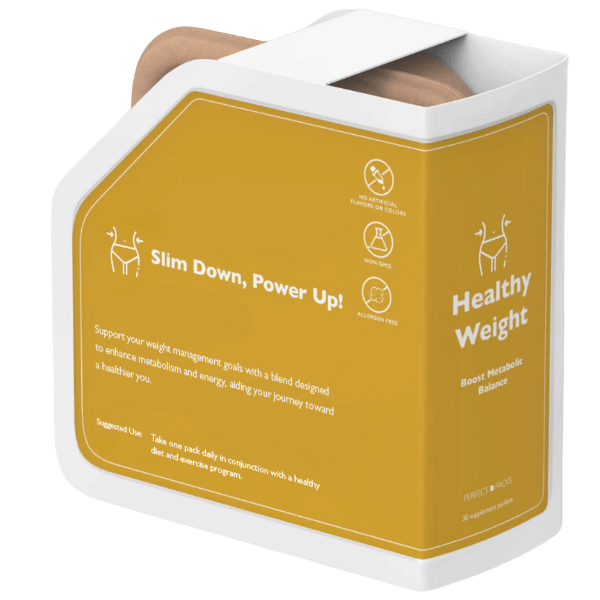
Psoriasis is More Than Skin Deep
Plaque psoriasis is more than just a visible skin condition. It’s a challenge that affects both physical and emotional well-being. I’ve known several people who live with this condition, and I’ve seen how it impacts
Free shipping on orders over $99*

For visual reference only; actual product may vary
US Name:
Namenda
Alternative Names:
Ebixa, Memantin
Active Ingredients:
Memantine
Brand Manufacturer:
Lundbeck
Manufacturer Location:
Denmark
Click here to view Product Insert
Click here to view Product Insert

For visual reference only; actual product may vary
Namenda (Ebixa) is intended for the treatment of moderate to severe Alzheimer’s disease.
| Ebixa Brand | 10mg 56 Tablets |
-
|
Our price: $76.00 |
|
| Memantin Generic | 10mg 56 Tablets |
-
|
Our price: $63.00 |
 Healthy Weight Pack Healthy Weight Pack | 30 Pouches 1 Pouch a Day | –+ | Our price: $64.00 |
This text is for informational purposes only. Please consult your doctor or pharmacist before using any medication.
The observed side effects are mild to moderate. They include:
If these or other unlisted symptoms persist or worsen, talk to a doctor or pharmacist.
There is evidence that memory loss in Alzheimer’s disease is due to a disturbance of message signals in the brain caused by excessive activity of a natural body chemical called glutamate. The brain contains N-methyl-D-aspartate (NMDA) receptors involved in transmitting nerve signals that are important in learning and memory.
Memantine blocks excessive glutamate activity on the NMDA receptor but still allows the normal activation of these receptors when the brain forms a memory.

Send Your Prescription
No Hidden Fees
Generally 7-10 Business Days

IsraelPharm has been delivering lost cost prescriptions from Israel for over 15 years worldwide. Daily flights allow us to get your medications dispatched fast! Delivery to the USA is under 10 days and you can track and trace every order.

Plaque psoriasis is more than just a visible skin condition. It’s a challenge that affects both physical and emotional well-being. I’ve known several people who live with this condition, and I’ve seen how it impacts

For years, one of my clients struggled with swallowing difficulties and discomfort. She was repeatedly told it was acid reflux and prescribed acid-reducing treatments that didn’t really work. It wasn’t until she was finally diagnosed

Father’s Day is always celebrated on the third Sunday in June. This year, 2025, it falls on Sunday, June 15. Father’s Day can mean many different things, and I have a few special thoughts that
Take $10 off your first order when you sign up for our newsletter

Sign up for updates and save 10% on your first order


All orders for prescription medication on this site require a valid prescription. The information found on this site is for informational purposes only. Please consult your doctor or pharmacist before purchasing any medication. Please review the instructions included with the medication before starting your treatment. You can contact us with any questions regarding usage, side effects, or drug interactions at any time.
All third-party products, company names, and logos are trademarks™ or registered® trademarks are and remain the property of their respective holders. Their use does not imply any affiliation with or endorsement by them. All references on this site to third-party trademarks are intended to constitute nominative fair use under applicable trademark laws.
We value your privacy and are committed to protecting your personal data. This Privacy Policy explains how we collect, use, and safeguard your information when you visit our website.
All orders for prescription medication on this site require a valid prescription. The information found on this site is for informational purposes only. Please consult your doctor or pharmacist before purchasing any medication. Please review the instructions included with the medication before starting your treatment. You can contact us with any questions regarding usage, side effects, or drug interactions at any time.
All third-party products, company names, and logos are trademarks™ or registered® trademarks are and remain the property of their respective holders. Their use does not imply any affiliation with or endorsement by them. All references on this site to third-party trademarks are intended to constitute nominative fair use under applicable trademark laws.
We value your privacy and are committed to protecting your personal data. This Privacy Policy explains how we collect, use, and safeguard your information when you visit our website.
*Free Shipping applies to orders above $99 – excluding orders to Australia and some select products that require cold shipping



